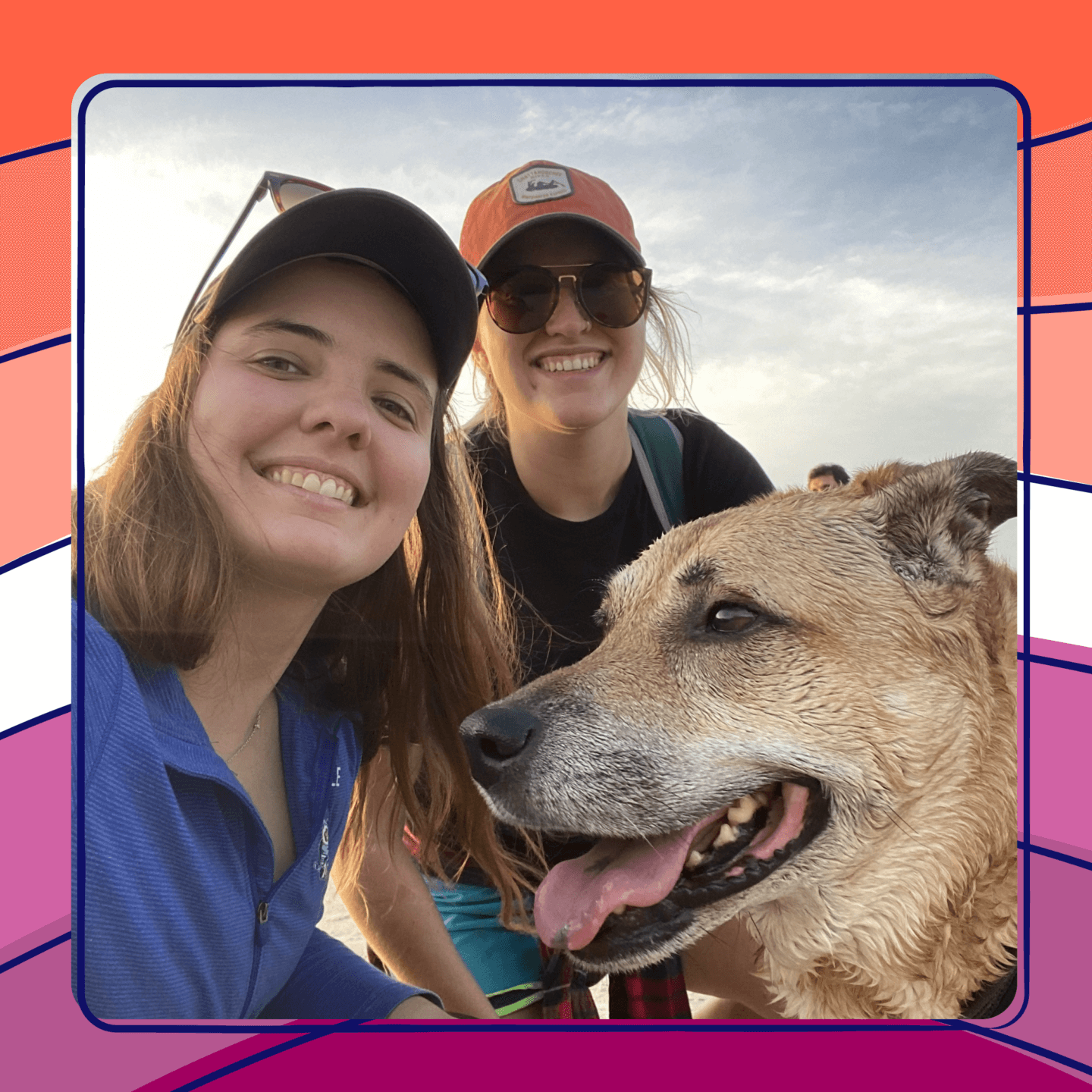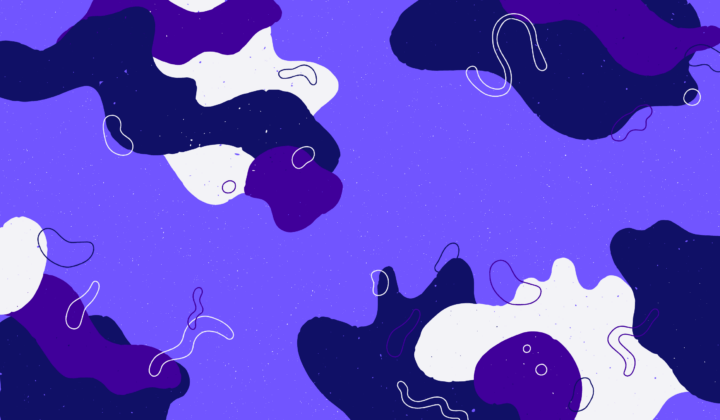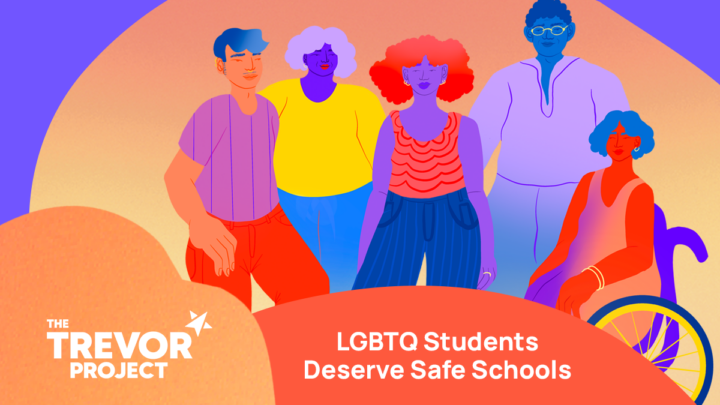If you were wondering, yes, it is possible for lesbians to be nonbinary, and/or trans. It’s also possible to be very femme (feminine) and a lesbian. The term “lesbian” might be traditionally used to refer to women who are attracted to other women, but this definition doesn’t do justice to the variety of ways people are just people. Reductive stereotypes about lesbian identity, like that lesbians are only masculine, or that lesbians hate men, end up being more damaging than accurate. When thinking about lesbian visibility, we should also consider that gender, appearance, and sexuality are separate parts of people’s identities, and sometimes they overlap and intersect in ways that aren’t straightforward. Still, for so many, lesbian visibility and identity stops at a traditional, stereotypical definition.
I spoke to Sam Kripitz (they/them), Crisis Services Digital Supervisor, and Avery Kuiper (she/her), two coworkers of mine who also happen to be life partners. Avery and Sam are dog parents and members of a cornhole team called “Lezbeanz.” Sam is nonbinary, and grew up in Louisiana, a place they describe as “historically unsafe.” Sam says, “I always knew I liked women, but I was far too scared to come out when I was living there. It wasn’t until I was in college when I really started to feel comfortable with my queer identity, and not afraid to be more open about it.”
For Avery, who is queer and had a difficult coming out, explaining Sam’s identity to their families wasn’t easy. “My mother and I definitely had our moments regarding my sexuality especially when I told her about Sam… which was not easy for her to understand. Everything clicked when I brought Sam home… my parents fell in love with them instantly, just like I did. These days, the love and acceptance in my family is abundant. My family, like many, has grown and learned with an open heart.”
Sam explained, “I’m finally at a place in my life where I can really explore what gender identity and queer expression really mean to me. Using they/them pronouns has been a way for me to explore what feels right to me.” Still, Sam struggles with feeling like they don’t meet expectations of what people assume nonbinary or gender fluid people look or act like. “I ground myself in the idea that I am who I am for me and no one else. I don’t need to fit a certain mold to be valid because we each define who we are for ourselves and no one else can have a say in that.”
Sam shared that LGBTQ+ young people should feel empowered to do what feels best for them. “Whether that is to keep yourself safe, express yourself and identity, or explore what it all means, feel empowered to take action towards prioritizing whatever that is for you.” Avery continued: “You know yourself better than anyone and believe me, the folks in your life who accept and celebrate all that you are will outshine the ones that don’t come around.”
What you look like doesn’t dictate who you are or who you like. Only you get to decide who you are and who you like, and you should feel empowered to do so. If you’re trans and/or nonbinary, and a lesbian, that’s who you are, and no one decides that but you. If you’re a feminine lesbian, that’s who you are. As we learn more about the complexities of gender and sexuality, let’s make sure we honor the individuality of lesbians of all kinds, trans, nonbinary and otherwise.
Sue Cardenas-Soto is a Copywriter at The Trevor Project, the leading suicide prevention and mental health organization for lesbian, gay, bisexual, transgender, queer & questioning (LGBTQ+) young people. If you or someone you know is feeling hopeless or suicidal, our trained crisis counselors are available 24/7 at 1-866-488-7386 via chat www.TheTrevorProject.org/Get-Help, or by texting START to 678-678.


